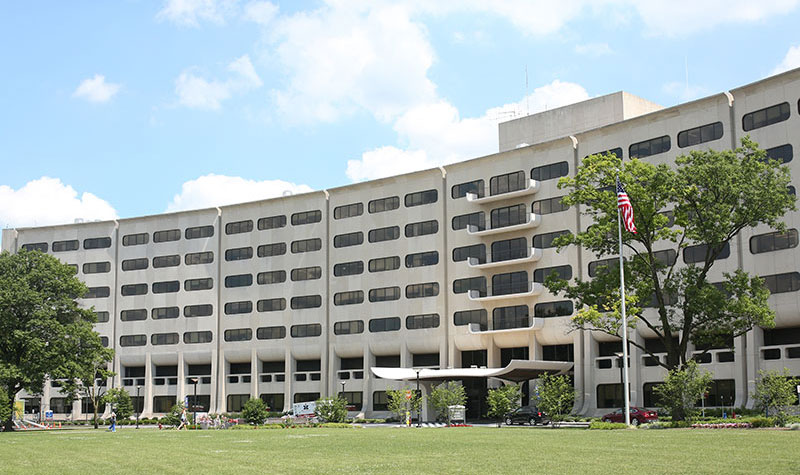“I think this unique opportunity places the commonwealth of Pennsylvania at the forefront of promoting high-quality research on medical marijuana,” said Kent Vrana, chair of the Department of Pharmacology at Penn State College of Medicine.
Penn State – whose College of Medicine and affiliated Milton S. Hershey Medical Center are an state-approved academic clinical research center – and PA Options for Wellness – a state-approved clinical registrant – have signed a 10-year research agreement. State-approved clinical registrants are licensed to grow, process and dispense marijuana for research and medical treatment purposes.
PA Options for Wellness will provide funding to Penn State over 10 years, a significant portion of which will go to the College of Medicine to study health outcomes-based research and preclinical studies on the potential benefits of cannabinoids and medical marijuana. The College of Medicine will help PA Options for Wellness determine which types of marijuana extracts are optimal for various conditions, as well as assist with the design of clinical trials. Initially, the research work will focus on pain management and anti-cancer activity.
The research program is designed to help physicians and patients make better informed clinical decisions related to cannabinoids.
“The opportunity to understand cannabinoids and medical marijuana better has an extraordinary potential benefit to humankind,” said Dr. Craig Hillemeier, dean of Penn State College of Medicine, CEO of Penn State Health and senior vice president for health affairs at Penn State. “Only through investigation will we determine their possible effectiveness and role in improving lives.”
“PA Options for Wellness was founded in 2014 centered on research and education with the goal of becoming a leader in Pennsylvania’s emerging medical cannabis industry,” said Tom Trite, chief executive officer of PA Options. “The shared focus of the College of Medicine and PA Options for Wellness is a medical model focused on the patient, research, outcomes, compliance and quality of life.”
